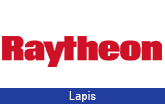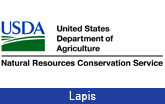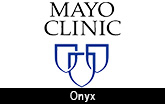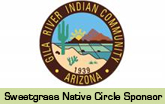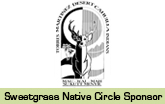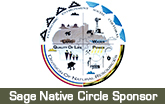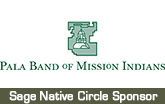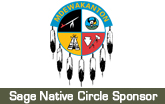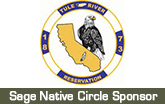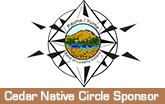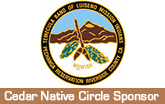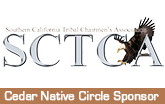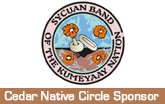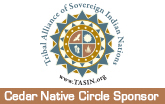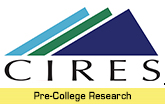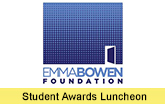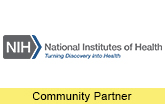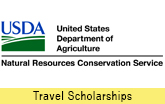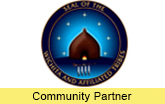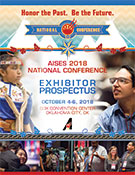Krystal Tsosie (Diné), MPH, MA, is currently completing a PhD in Genomics and Health Disparities at Vanderbilt University in Nashville, Tennessee. She co-leads the Genetics and Preeclampsia Study within the Turtle Mountain Band of Chippewa Indian Nation in Belcourt, North Dakota where she studies genetic determinants of women's health while also advancing equitable genomics research in indigenous communities. Krystal began her career when she studied genetic controversies in American Indian communities during her first Master of Bioethics at Arizona State University. At Vanderbilt, she completed her second Master in Public Health while researching uterine fibroids in African American women using genetic data linked with clinical health records. As one of the growing number of Native American geneticists, Krystal advocates strongly for genomic and data sovereignty and is currently assisting a Tribal nation with instituting their own policies for data privacy, biobanking, and building research capacity for protecting Tribal interests.
Harmonizing individual and community ethics to protect Tribal concerns in genomics research
Date:
Friday, October 5, 2018
Room/Location:
Room 9
Time:
9:30 am to 9:50 am
Session Track(s):
Research: Biology
Background: Federally-recognized Tribal nations in the United States have the right to self-govern, which is upheld in the latest 2017 revisions to the Federal Policy for the Protection of Human Subjects (“Common Rule”). These updates are consistent with the ethos of community-engaged models in which Tribal nations can ensure that genomics research within their communities is equitable and protects Tribal concerns, including those of data privacy. Concerns: Unfortunately, non-indigenous researchers who are unfamiliar with these models or, worse, are averse to developing community partnerships often circumvent Tribal review procedures and recruit urban Native American individuals who reside off-reservation. With the increase in large-scale, multi-ethnic population studies (i.e., All of Us, direct-to-consumer tests such as 23andMe, hospitals, and studies with individually-recruited Natives), the non-disclosure of group risk to members of small, vulnerable populations constitutes inadequate informed consent and is becoming increasingly problematic. At risk is non-Native ownership of genomic data and commercialization of technologies utilizing biomarkers collected from indigenous individuals. Recommendations: Tribes can utilize their sovereignty to create repositories that restrict access to researchers. There must be expanded efforts to educate individuals about genomic risks. Importantly, stakeholders must know that genomic autonomy is both an individual and community concern.
Speaker(s)
Krystal Tsosie
Diné/Navajo
PhD Student, Genomics and Health Disparities
Vanderbilt University
Thank You to Our Sponsors!

AISES
4263 Montgomery Blvd NE
Suite 200
Albuquerque, NM 87109
(505) 765-1052
conference@aises.org
www.aises.org
© 2018 AISES. All rights reserved.
Become a Sponsor
Your investment in AISES makes it possible for AISES to continually enhance and expand our impact.









